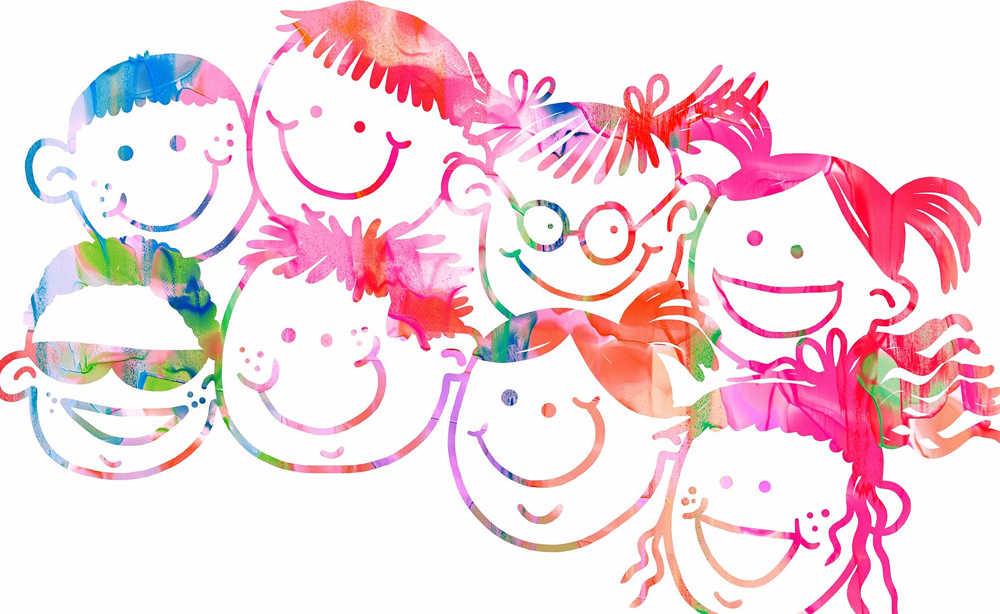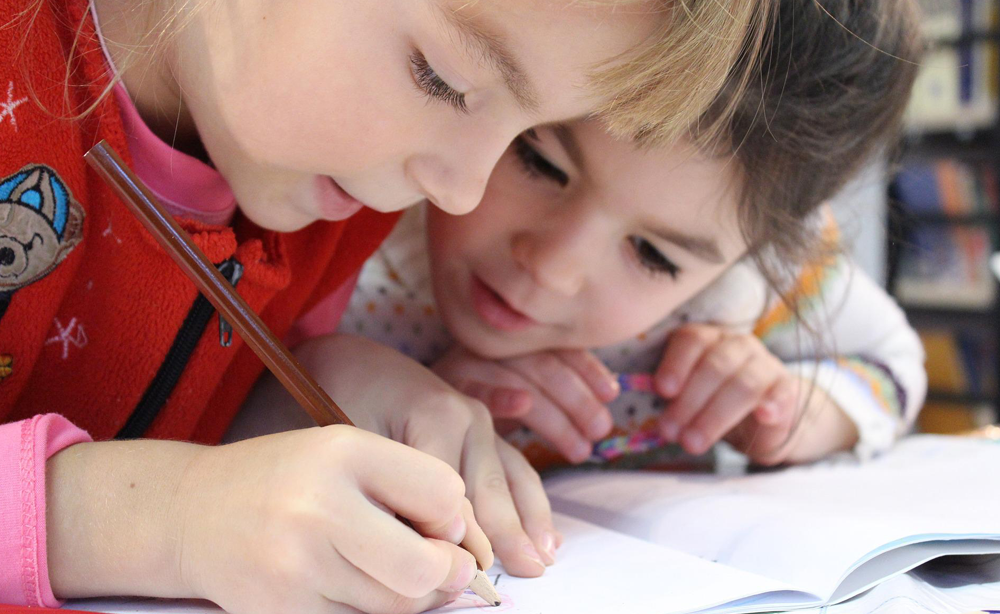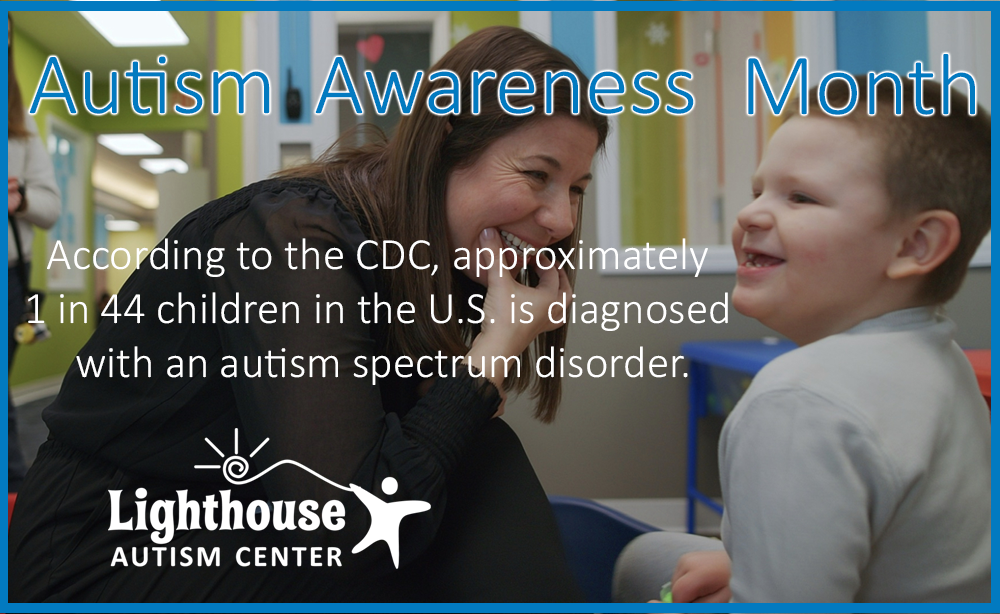“The second day of the 2014 Autism Speaks Autism Investment Conference closed with a focus on the need for more employment opportunities for teens and adults with autism.
“Adults with autism have an estimated 90 percent unemployment rate,” said moderator Leslie Long, Autism Speaks assistant director of adult services. “We have to explore all options available to advance employment opportunities for this population, including investing in companies that hire and support adults on the spectrum.”
Long stressed the need for employers to understand the value of hiring employees with autism. She encouraged businesses and organizations large and small to tap into the strengths that adults with autism can bring to the workplace.
More and more businesses are hiring individuals with autism, she noted, and many have seen tremendous success as a result. The companies showcased in the sessions illustrated some of the opportunities to capitalize on the potential of young adults and adults living with autism.
Employment Services Showcase
Last year, Autism Speaks featured AutonomyWorks as an exemplary employer in its Small Business Initiative. The company connects individuals who have autism with companies needing workers in areas such as website maintenance and quality assurance. “There are hundreds of thousands of potential workers with autism spectrum disorders whose skills and abilities are perfectly matched to these business tasks,” said Dave Friedman, AutonomyWorks founder and CEO (at left).
AutonomyWorks currently employs 15 adults on the autism spectrum and provides workers for six clients. These clients range from start-up companies to some of the world’s largest ad agencies. AutonomyWorks’ goal is to employ 10,000 associates, have a service centers across the nation and inspire others to develop similar business models. “Workers with autism want to contribute their talents to the business community and to society,” Friedman said. “AutonomyWorks is here to help.”
Houlton Institute is an innovative online education provider. Thanks to a grant from Autism Speaks, Houlton and the Autistic Global Initiative developed an online course that provides training for residential and daily-living care providers. As part of this partnership, Houlton hired several faculty members and teaching assistants on the autism spectrum, said co-founder Dan Merritts (at left).
MindSpark Technologies founder Chad HahnMindSpark Technologies (Santa Monica, Calif.) is an outsourced information technology company providing employment opportunities for individuals with specialized abilities – including adults with autism. “At MindSpark, we’re about more than just a job,” said founder Chad Hahn (left). “We believe in both the personal and the professional well-being of our team. We’re creating a family atmosphere in and out of the office, building bonds we hope will last for a lifetime.” Chad and the company’s other principal owners are working without pay to launch and manage the enterprise. Investment will enable MindSpark to train and hire more employees, who will share in profit distributions. Enhancing the investment opportunity, Hahn explained, MindSpark incorporated as one of California’s nonprofit “benefit corporations.”
This article was published on March 5, 2014 on the Autism Speaks website. The original post can be found at https://www.autismspeaks.org/science/science-news/focus-employment-opportunities-autism-investment-conference
Together, we can unlock your child’s potential














